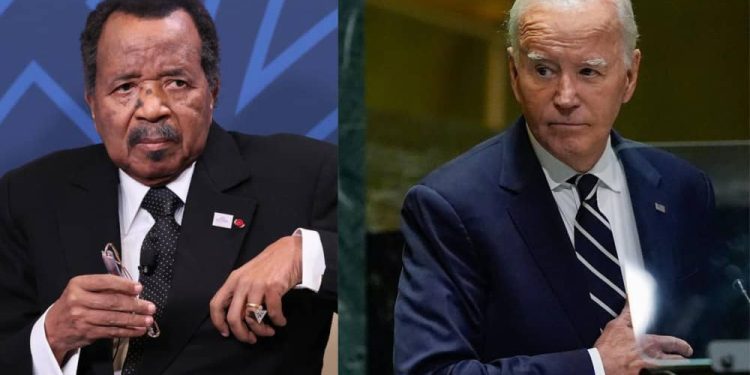United States President Joe Biden has prompted sit-tight leaders in the world, a chunk of whom are in Africa, to consider their people more important than staying in power.
After four years in the White House, 81-year-old Biden will not be seeking a second term in office as Americans head to the poll this November to vote for a new President.
Addressing the 79th United Nations General Assembly, Biden said respecting the will of the people and the laws of the land are more important than staying in power as a leader.
“My fellow leaders, today is the fourth time I’ve had the honour of speaking to this assembly as President of the United States,” Biden began his speech.
“It’ll be my last. This summer I faced a decision whether to seek a second term as President. It was a difficult decision. Being President has been the honour of my life. There’s so much more I want to get done. As much as I love the job, I love my country more. I decided, after 50 years of public service, it was time for a new generation of leadership to take my nation forward. My fellow leaders, let’s never forget some things are more important than staying in power. It’s your people,” he asserted.
Focus on African Leaders
Joe Biden’s message appeared to have been directed to African leaders, including Cameroon’s President Paul Biya, 91, who has ruled for 41 years.
President Biya was not present at the 79th UNGA, which Philemon Yang, his former prime minister, is presiding over.
Biya is among the world’s oldest and longest-serving heads of state as well and has seen seven US presidents during his mandate.
In Africa, he is only second to Equatorial Guinea’s dictator, Teodoro Obiang Nguema Mbasogo, who has been the country’s president since seizing power in 1979.
The list of sit-tight leaders in Africa is extensive, and it features leaders who have done everything possible to retain power – altering the constitution, silencing the opposition, cracking down on freedoms and rigging elections.
Apart from Equatorial Guinea and Cameroon, the Republic of the Congo is another case study, where Denis Sassou Nguesso has been in power for 38 years.
In Uganda, Yoweri Museveni has ruled the country for 37 years; Eritrea’s President, Isaias Afwerki, has been head of state since independence in 1993; and Ismaïl Omar Guellé has ruled Djibouti since 1999.
Other examples include Rwanda’s Paul Kagame (since 2000); Togo’s Faure Essozimna Gnassingbé (since 2005); and Ivory Coast’s Alassane Dramane Ouattara (since 2010).
Despite age limitations, poor health, and calls for these leaders to give the younger generation a chance, they have remained determined to stay on.
The similarity among them is that they are presiding over third-world countries that are starved of basic development needs like potable water, good roads, electricity, quality education and even food.
In terms of governance, the common characteristic is corruption, human rights abuses, suppression of freedoms, silencing of opposition voices, and allegations of election rigging, among others.



